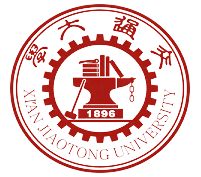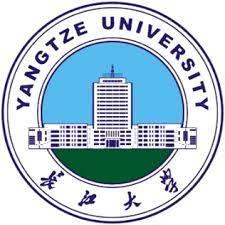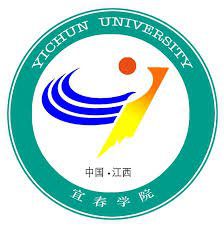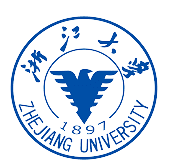Kunming University, also known as Yunnan University, is a comprehensive university located in Kunming, Yunnan Province, China. Established in 1922, it is one of the oldest and most prestigious universities in the region. Kunming University offers a wide range of academic programs across various disciplines and is known for its research and teaching excellence.
Here are some key points about Kunming University:
- Academic Programs: The university offers undergraduate, postgraduate, and doctoral programs in fields such as humanities, social sciences, natural sciences, engineering, medicine, law, economics, management, and arts. Students have a diverse range of academic options to choose from.
- Research and Innovation: Kunming University emphasizes research and innovation. It has numerous research institutes and centers dedicated to various fields, including biology, chemistry, ecology, economics, ethnic studies, and more. The university encourages both students and faculty members to engage in cutting-edge research projects.
- Faculty and Staff: The university has a highly qualified and dedicated faculty and staff. Many of the professors are renowned experts in their respective fields and have made significant contributions to academia. They provide guidance and mentorship to students, fostering an environment of intellectual growth.
- Facilities and Campus: Kunming University has a modern and well-equipped campus with state-of-the-art facilities. The university provides students with access to libraries, laboratories, sports facilities, accommodation, dining options, and other amenities that support their academic and personal development.
- International Cooperation and Exchange: Kunming University actively promotes international cooperation and exchange programs. It has established partnerships and academic collaborations with universities and institutions worldwide, facilitating student and faculty exchanges, joint research projects, and international conferences.
- Cultural and Extracurricular Activities: The university recognizes the importance of holistic development and provides students with various cultural and extracurricular activities. There are student clubs, societies, and organizations where students can engage in sports, arts, music, volunteering, and other activities outside of their academic pursuits.
Kunming University aims to provide students with a comprehensive education that combines academic excellence, research innovation, and personal growth. It strives to nurture well-rounded individuals equipped with knowledge, critical thinking skills, and a global perspective.
Admission Process:
Admission procedures and requirements can vary depending on the specific program and level of study at Kunming University. It’s essential to consult the official website or contact the university’s admissions office directly for the most accurate and up-to-date information. However, here is some general information regarding the admission process in Chinese universities:
- Eligibility: Applicants need to meet the minimum requirements set by the university for the desired program. These requirements typically include academic qualifications, language proficiency, and any specific prerequisites for the chosen field of study.
- Application: Prospective students are required to submit an application through the designated online portal or by mail. The application form, available on the university’s website, must be completed accurately and accompanied by all required documents. These documents usually include academic transcripts, diplomas or certificates, a copy of the passport, recommendation letters, a personal statement, and any additional documents specified by the university.
- Entrance Examinations: Some programs or departments may require applicants to take entrance examinations, such as the Chinese National College Entrance Examination (Gaokao) or subject-specific tests. These exams assess the applicant’s academic abilities and are an important factor in the selection process.
- Language Proficiency: International applicants are often required to demonstrate their proficiency in the Chinese language. This can be done through standardized tests such as the HSK (Hanyu Shuiping Kaoshi), which measures Chinese language proficiency for non-native speakers. Some programs may also accept English language proficiency tests like TOEFL or IELTS, especially for courses taught in English.
- Evaluation and Selection: Once the application is submitted, the university evaluates the candidate’s academic records, entrance examination results (if applicable), language proficiency, and other relevant factors. The selection process may include an interview or review of the applicant’s portfolio, particularly for arts or design programs.
- Admission Decision: After the evaluation process, the university’s admissions office will notify applicants of the admission decision. Successful candidates will receive an offer letter or admission notice specifying the conditions of acceptance, tuition fees, and other relevant details. Students will typically be given a specific timeframe to accept the offer and complete the necessary registration procedures.
It’s important to note that admission requirements and procedures can vary, so it’s advisable to thoroughly review the specific requirements of the desired program and consult the university’s official website or admissions office for accurate and detailed information.




























